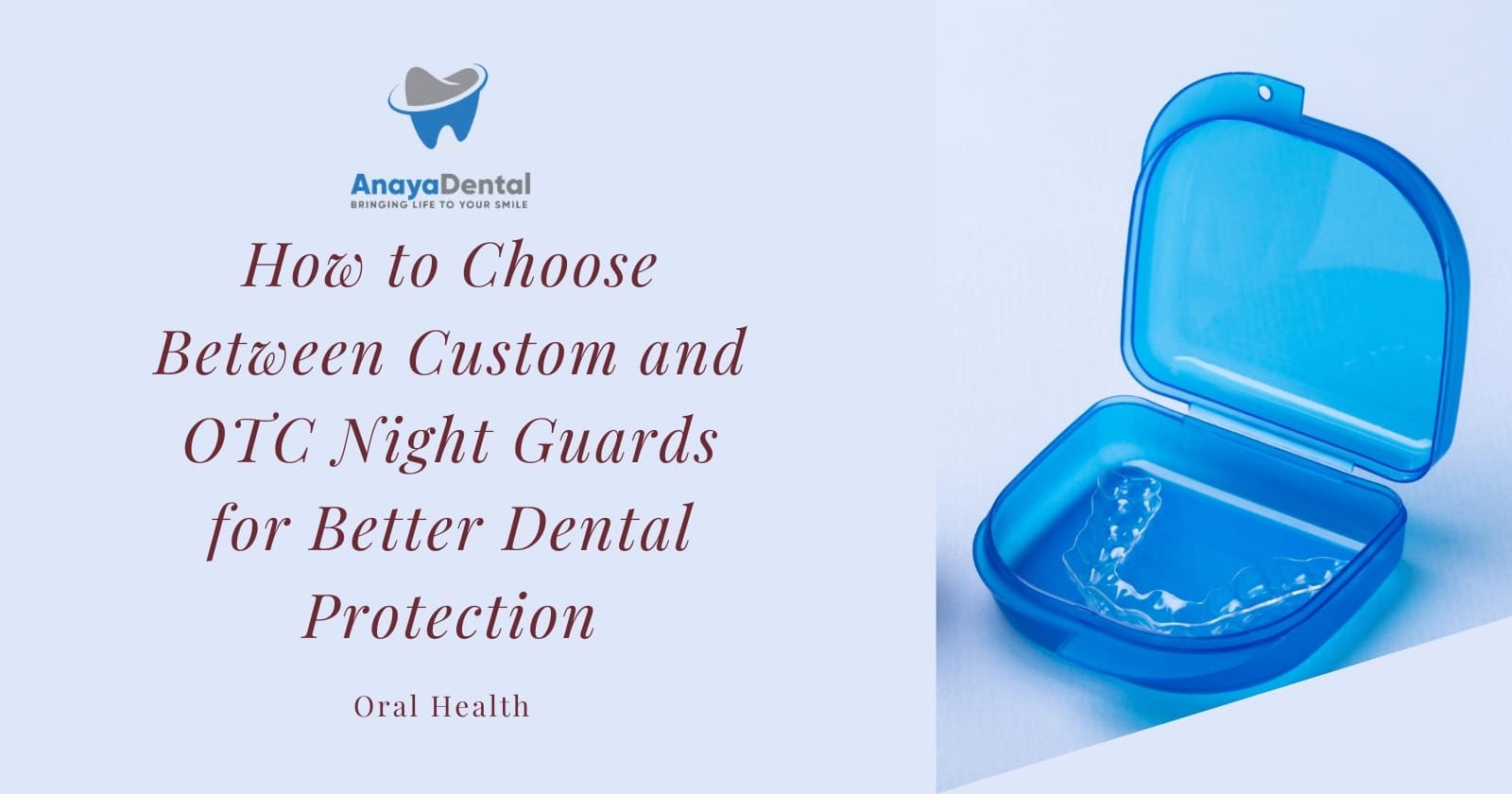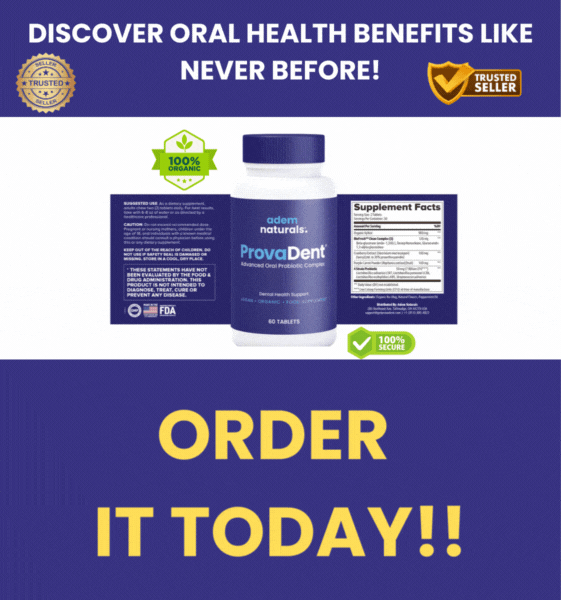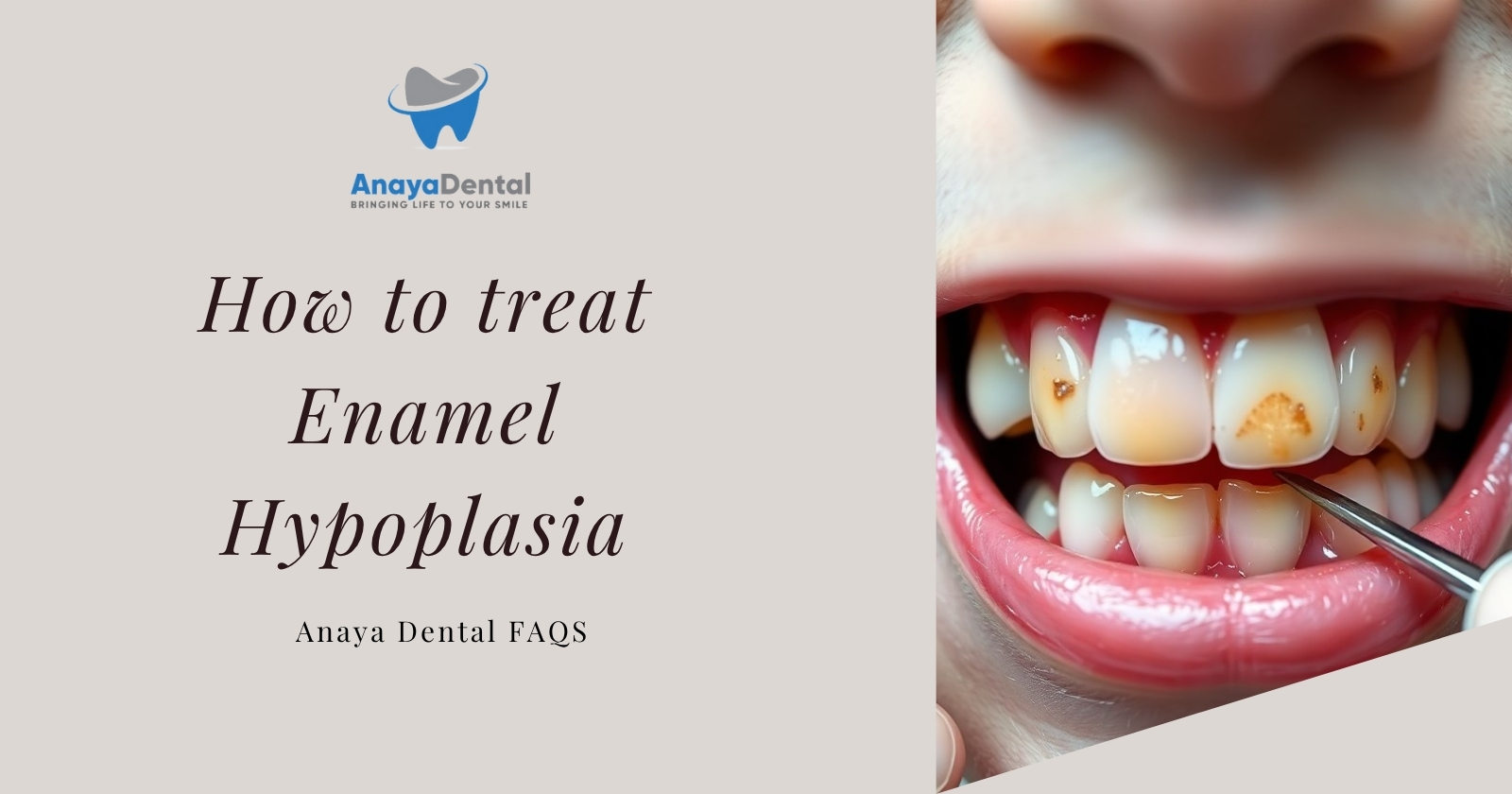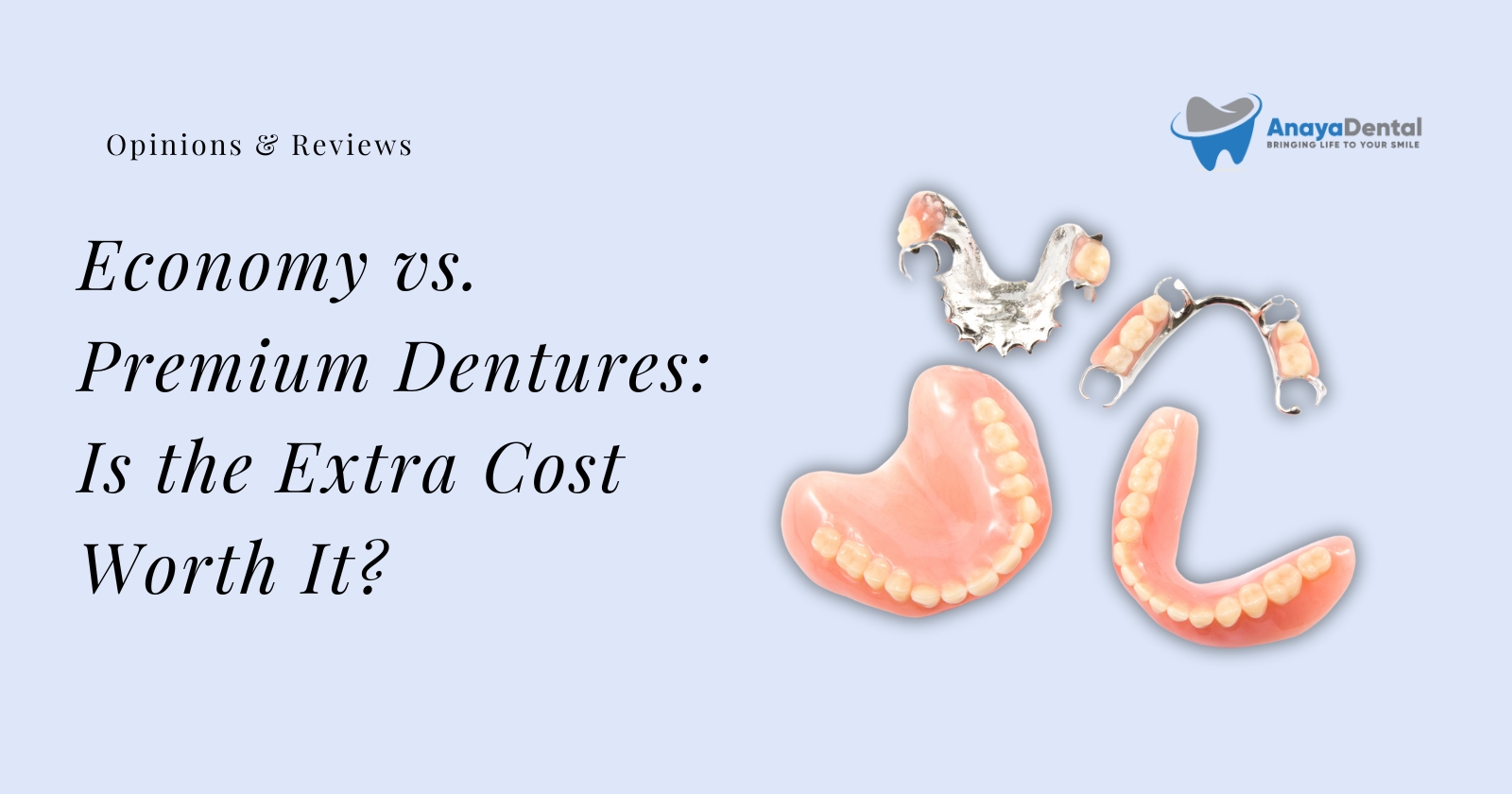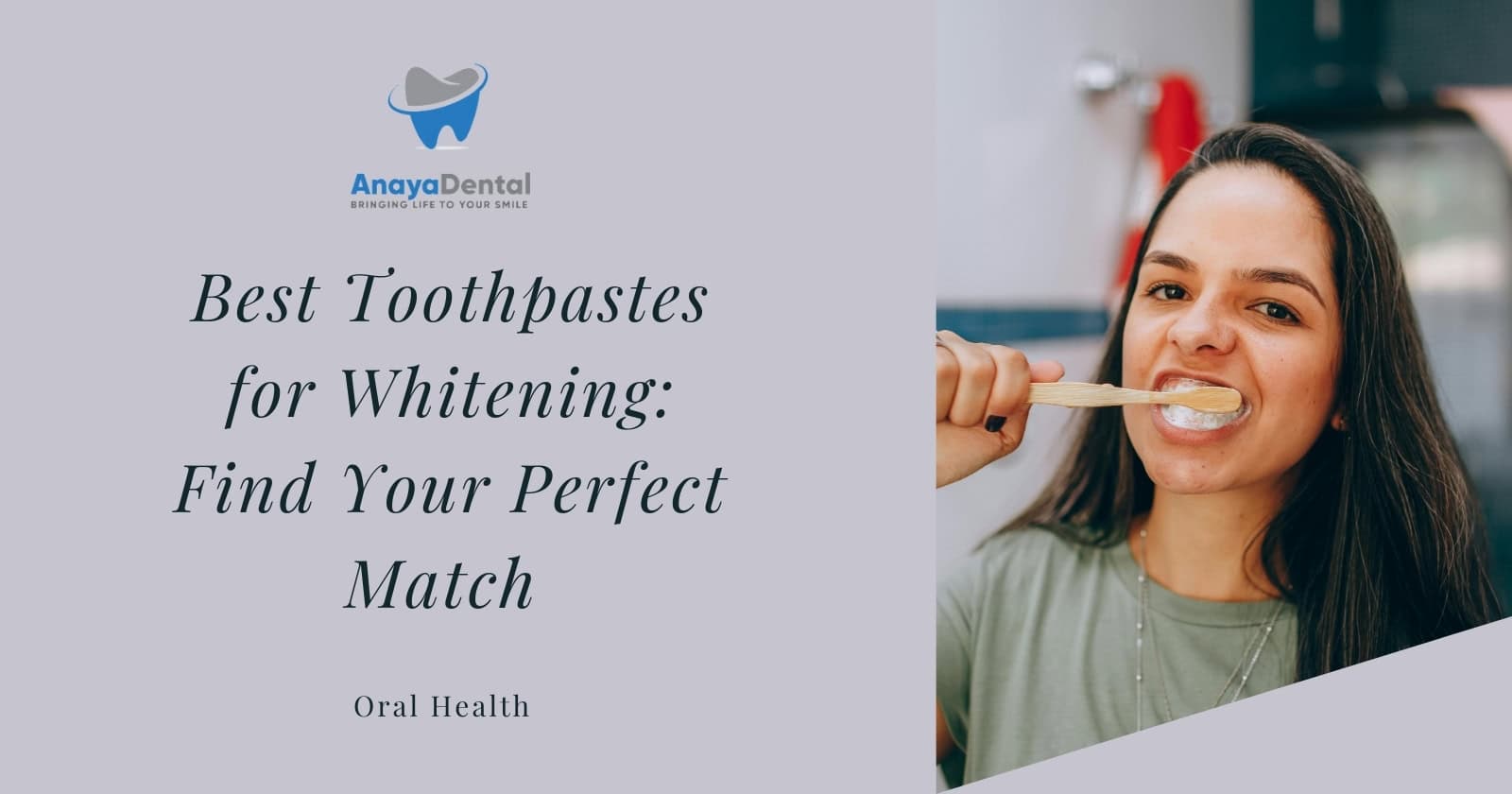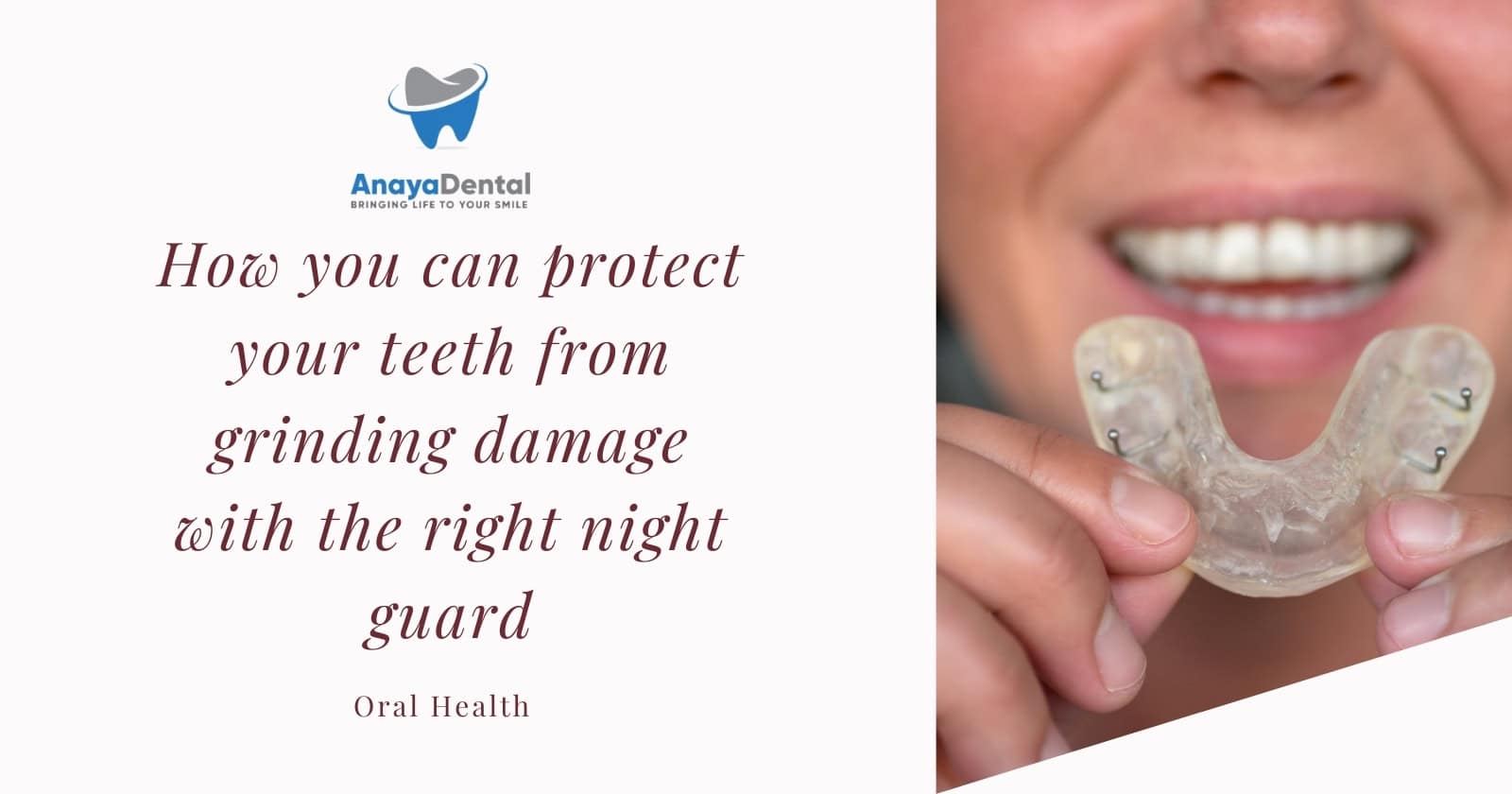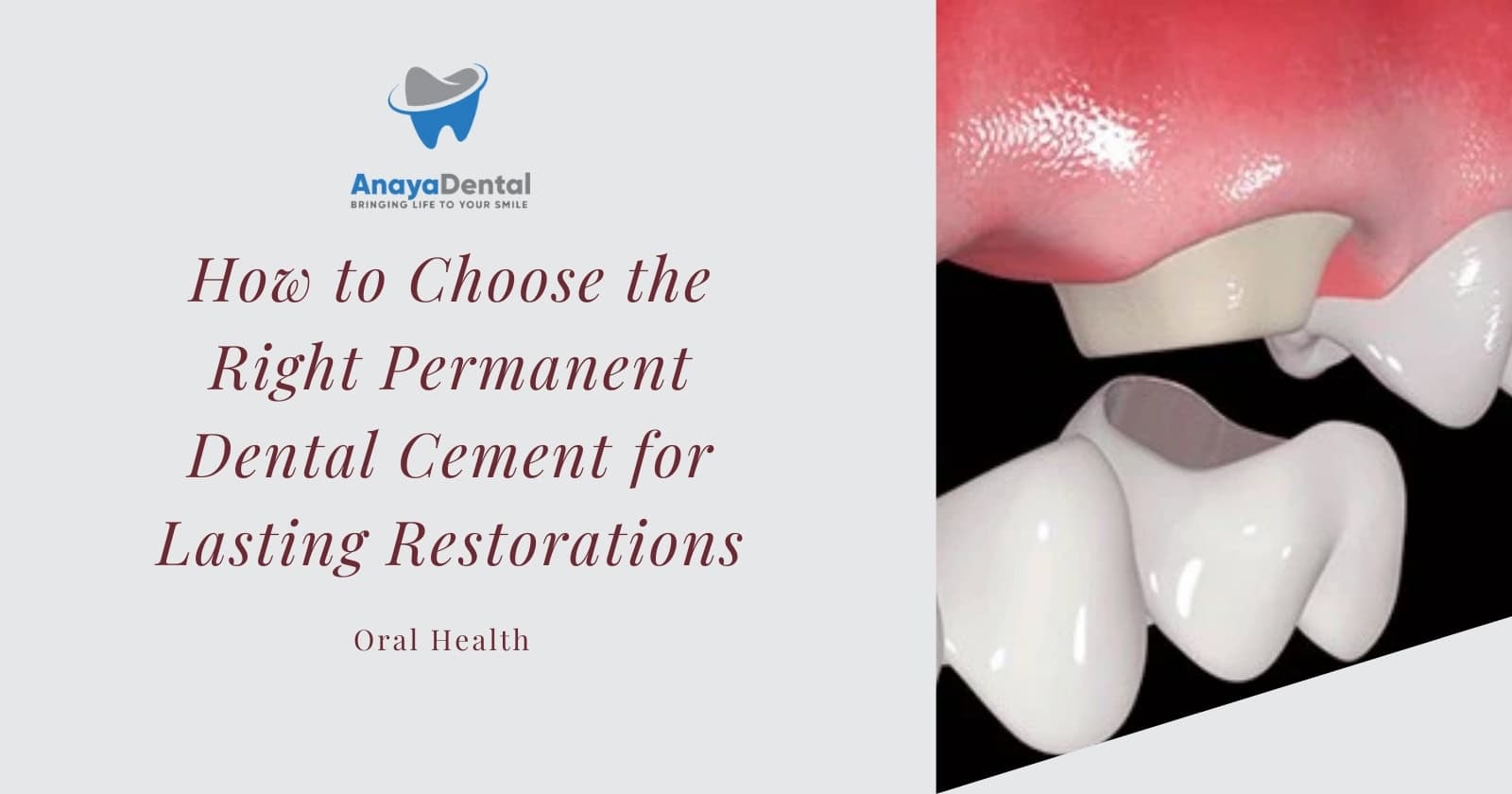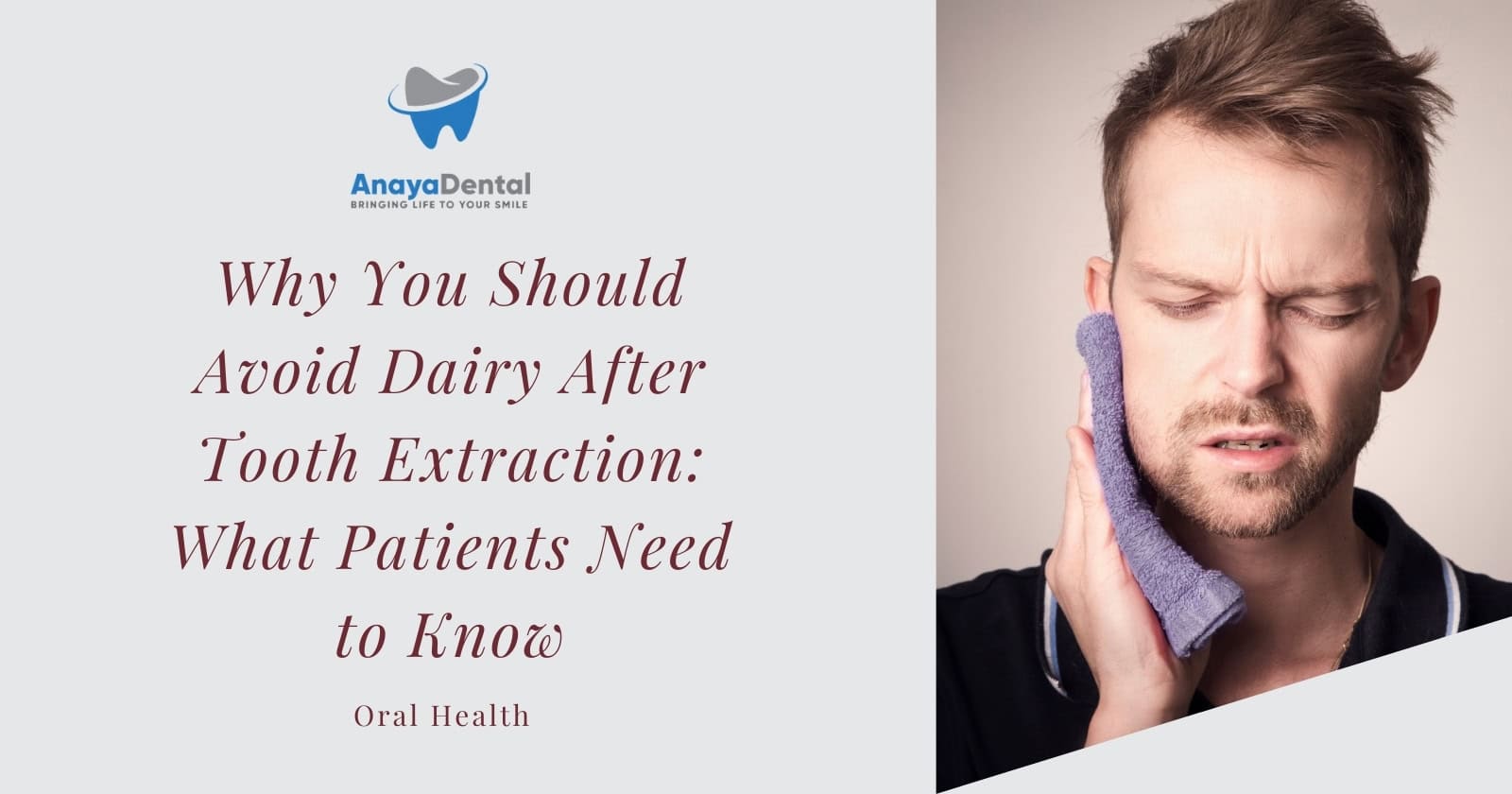Are you waking up with headaches, jaw pain, or noticing worn-down teeth? You might be experiencing bruxism—a condition where you grind or clench your teeth during sleep. Night guards offer protection, but choosing between custom-made and over-the-counter options can be confusing. This guide examines the key differences to help you make an informed decision for your dental health.
Why Your Teeth Need Protection During Sleep
Before discussing night guard options, you should understand what these dental devices do. Night guards create a protective barrier between your upper and lower teeth, preventing damage from grinding and clenching while you sleep.
Bruxism affects approximately 8-10% of adults and can lead to serious dental problems including worn enamel, tooth damage, jaw pain, headaches, and even temporomandibular joint (TMJ) disorders. The force of teeth grinding can be extreme—up to 250 pounds of pressure—comparable to having a commercial washing machine pressed against your teeth every night.
Try Our Dental Calculators
Without proper protection, this nightly grinding can permanently damage your teeth and create costly dental problems down the road.
Custom Night Guards: Professional Protection Tailored for You
Custom night guards are professionally crafted based on dental impressions of your unique teeth structure, either by your dentist or through a direct dental laboratory.
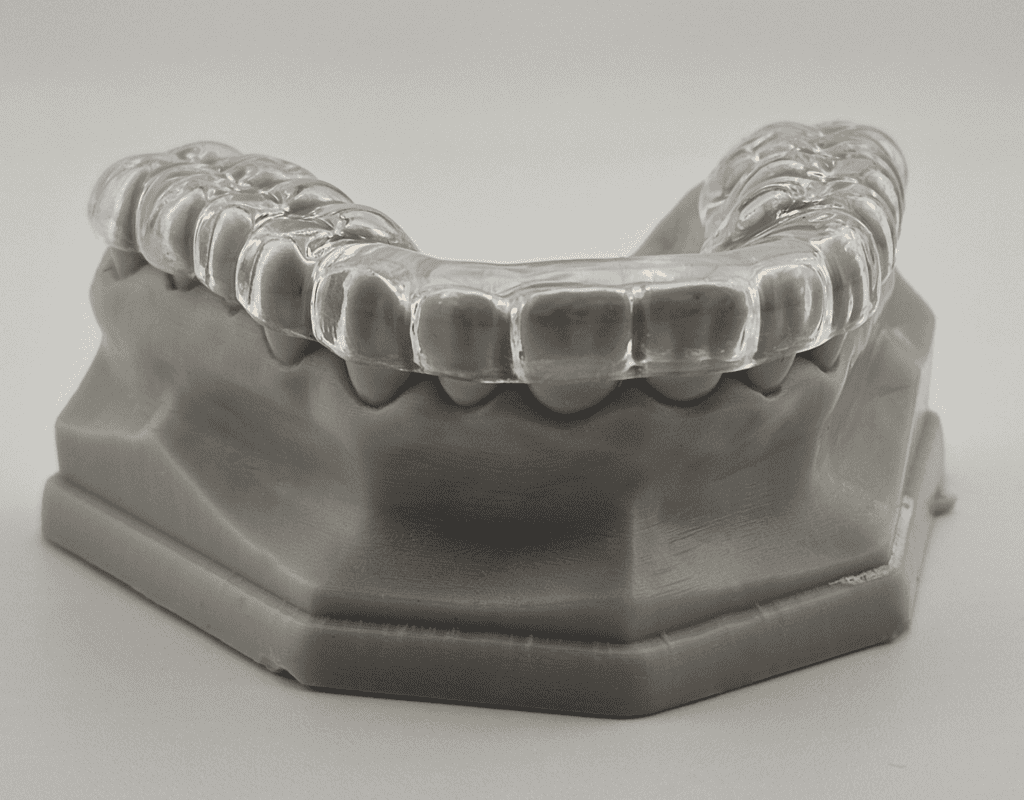
Superior Materials and Durability
When you invest in a custom night guard, you’re getting a device made from high-quality materials specifically designed for oral applications. These guards typically offer several material options:
- Hard acrylic materials provide maximum durability and protection for patients with severe grinding habits, effectively distributing the intense pressure across the dental surface.
- Soft materials offer gentle cushioning that’s ideal for those with mild bruxism or who primarily clench their teeth, reducing jaw muscle fatigue and strain.
- Dual-laminated options combine a hard exterior for durability with a soft interior for comfort, giving you the benefits of both materials in a single appliance.
The professional-grade materials used in custom guards contribute to greater durability. Your custom guard will maintain its shape and protective qualities significantly longer than over-the-counter alternatives, often lasting several years with proper care.
Perfect Fit for Maximum Comfort and Protection
The defining advantage of custom night guards is their precise fit. Created from detailed impressions of your unique dental anatomy, custom guards provide:
- Thinner, less bulky design ensures the guard won’t obstruct your airway or make talking difficult, allowing you to drink water and speak more naturally if you wake during the night.
- Snug, secure fit keeps the guard firmly in place even during sleep movement, preventing the frustration of finding your guard elsewhere in the bed or falling out during the night.
- Greater comfort leads to more consistent nightly use, which is crucial for effective protection and developing a healthy habit of wearing your guard.
- Less irritation means the guard won’t cause cuts, sores or inflammation along your gum line or soft tissues, reducing the likelihood you’ll stop using it due to discomfort.
This personalized approach means you’re more likely to wear your guard consistently, which is essential for effective protection against grinding damage.
Effectiveness for Different Dental Conditions
Research and clinical experience consistently demonstrate the superior effectiveness of custom guards, particularly for:
- Severe bruxism cases
- Patients with TMJ disorders
- Those with unique dental alignments or previous dental work
- Long-term protection against tooth wear and damage
The precise fit ensures optimal distribution of pressure and better alignment with your natural bite, providing protection while maintaining comfort.
The Investment Factor
Custom night guards represent a higher initial investment:
- Dentist-provided guards typically range from $300-800
- Direct-to-consumer custom laboratory options cost approximately $100-200
This higher upfront cost is offset by greater durability, effectiveness, and potentially fewer dental problems in the long run. Many dental insurance plans provide partial coverage for custom night guards when prescribed for bruxism, potentially reducing your out-of-pocket expenses.
Over-the-Counter Night Guards: Budget-Friendly but Limited Protection
Over-the-counter (OTC) night guards are mass-produced guards available at pharmacies, retail stores, or online. They come in standard sizes or as “boil-and-bite” versions that can be somewhat molded at home.

Material Quality and Longevity Concerns
OTC night guards typically use lower-quality materials that may degrade more quickly with regular use. While more affordable initially, they often require more frequent replacement, potentially negating the cost savings over time.
These materials may also be thicker and bulkier by necessity, as they need to accommodate a wide range of mouth sizes and shapes rather than being precisely engineered for your teeth.
Fit, Comfort, and User Experience
OTC guards follow a one-size-fits-many approach, with notable limitations:
- Typically thicker and bulkier construction makes OTC guards feel more intrusive in your mouth, potentially causing excess saliva production and discomfort that disrupts sleep quality.
- Uncomfortable fit often results from the “one-size-fits-many” approach, creating pressure points that can make wearing the guard through the entire night challenging for many users.
- Impaired speech and breathing occur because the generic sizing doesn’t account for your unique oral anatomy, potentially restricting tongue movement or partially blocking airways during sleep.
- Loosening during sleep happens frequently with OTC options because they lack the precise contours needed to stay secured to your dental arch, leading to inconsistent protection.
- Gum and tissue irritation commonly develops from edges that aren’t customized to your mouth’s specific dimensions, potentially causing sores and inflammation that discourage regular use.
A significant study found that participants had difficulty fabricating OTC appliances to clinically acceptable standards without professional guidance, highlighting potential issues with self-made guards.
Protection Limitations
While OTC guards provide some protection, they show limitations:
- Less effective for severe bruxism cases because the generic materials and design can’t withstand the extreme forces generated by heavy grinding, leading to rapid breakdown of the guard and inadequate tooth protection.
- Insufficient for TMJ-related issues since they aren’t designed with the precise occlusal (bite) alignment needed to reduce joint strain and muscle tension that contribute to temporomandibular disorders.
- Potential to worsen existing problems occurs when the imprecise fit creates an uneven bite surface that forces your jaw into unnatural positions during sleep, possibly creating new muscle imbalances.
- Unreliable long-term protection results from both material limitations and fit issues, potentially giving users a false sense of security while enamel damage continues to progress.
A randomized controlled study found that OTC splint users experienced significantly higher levels of night-time rhythmic masticatory muscle activity—a key indicator of bruxism—compared to those using custom appliances.
Cost Considerations
The primary advantage of OTC guards is their affordability:
- Typically priced between $15-50
- Readily available without appointments or waiting periods
This accessibility makes them an appealing short-term solution or trial option for those unsure if they need a night guard.
What Dental Professionals Recommend
The consensus among dental professionals strongly favors custom night guards for most patients. As one expert bluntly states: “I never, ever recommend an over-the-counter night guard.”
Dentists emphasize several concerns with OTC options:
- Changes to bite alignment, even minor ones caused by improperly fitted guards, can trigger a cascade of dental problems including altered chewing patterns and increased pressure on certain teeth that may lead to cracking or fractures.
- Muscle imbalances in the jaw frequently develop when using OTC guards that don’t properly distribute bite forces, potentially leading to new pain patterns, headaches and worsened TMJ symptoms rather than relief.
- Absence of professional oversight means nobody is monitoring how the guard affects your bite over time, unlike with custom guards where dentists can make necessary adjustments based on your feedback and oral health changes.
- Long-term oral health risks include potential tooth movement, changes in gum health and persistent jaw discomfort that may go unnoticed until significant problems develop that require expensive interventions.
Research also suggests that the type of guard matters for specific conditions—soft night guards may work better for TMJ symptoms after four months of use, according to clinical studies.
Real Users Share Their Experiences
User experiences from forums and reviews provide valuable real-world perspectives:
Custom Night Guard Users Report:
- High satisfaction with comfort and fit
- Appreciation for durability despite higher cost
- Effectiveness in reducing symptoms and protecting teeth
- Guards feeling like “a natural extension of their teeth”
OTC Night Guard Users Report:
- Appreciation for affordability and convenience
- Mixed experiences with fit and comfort
- Some dissatisfaction with protection levels for severe grinding
- Frequent need for replacement
Making the Right Choice for Your Dental Health
Your decision between custom and OTC night guards should consider several factors:
When to Choose a Custom Night Guard
A custom night guard is likely your best option if:
- You experience moderate to severe teeth grinding
- You have TMJ symptoms or disorders
- You’ve had extensive dental work (crowns, bridges, implants)
- You want the most comfortable, effective long-term solution
- Your dental insurance offers coverage for custom devices
- You’ve tried OTC guards with unsatisfactory results
When an OTC Night Guard Might Suffice
An over-the-counter guard might be appropriate if:
- You have very mild, occasional grinding
- You need a temporary solution while waiting for a custom guard
- You’re on a limited budget with no insurance coverage
- You’re unsure if you need a night guard and want to try an economical option first
Questions to Ask Your Dentist
Before making your final decision, consider discussing these questions with your dental professional:
- How severe is my bruxism, and what type of night guard material would be best for my situation?
- What are the potential consequences if I use an OTC guard instead of a custom one?
- Does my dental insurance cover custom night guards, and what would my out-of-pocket cost be?
- How long can I expect a custom night guard to last with proper care?
- Are there any specific brands or types of OTC guards you would recommend if a custom option isn’t feasible right now?
Care and Maintenance for Maximum Longevity
Regardless of which type you choose, proper care extends the life of your night guard:
- Rinse thoroughly with cool water before and after each use to remove saliva and bacteria that can deteriorate the material and cause odors or discoloration over time.
- Brush gently with a soft toothbrush (without toothpaste) daily to remove plaque buildup and debris from surface crevices, extending the life of your guard and maintaining oral hygiene.
- Deep clean weekly with non-abrasive denture cleaner to disinfect the guard properly, eliminating microbial growth that regular rinsing might miss and preventing potential oral infections.
- Store in a ventilated case when not in use to allow the guard to dry completely, preventing mold growth and bacterial accumulation that thrive in damp environments.
- Keep away from heat sources such as hot water, car dashboards or windowsills that could warp the material, changing the precisely crafted fit of your guard and reducing its effectiveness.
- Bring to dental appointments for professional evaluation and cleaning, allowing your dentist to check for wear patterns that might indicate changes in your grinding habits or bite alignment.
Comparing Your Night Guard Options
| Feature | Custom Night Guards | OTC Night Guards |
|---|---|---|
| Initial Cost | $100-800 | $15-50 |
| Fit | Precise, made from dental impressions | Generic, one-size-fits-most or basic molding |
| Comfort | High, minimal bulk, stays in place | Variable, often bulky, may dislodge |
| Durability | 2-5 years with proper care | 3-12 months typically |
| Material Quality | High-grade dental materials | Lower-grade materials |
| Effectiveness for Severe Grinding | Excellent protection | Limited protection |
| TMJ Symptom Relief | Can be specifically designed for TMJ issues | Not designed for TMJ treatment |
| Professional Oversight | Yes, with adjustments as needed | None |
| Availability | Requires dental visit or mail-in impression | Immediate purchase from stores |
Quick Review: Custom vs OTC Night Guards
Custom night guards offer superior protection through precise fit, quality materials, and professional design. Though they require a larger initial investment ($100-800), they provide better comfort, durability, and effectiveness—especially for severe grinding or TMJ issues.
OTC night guards provide an accessible, affordable option ($15-50) for immediate protection. However, their generic fit, bulkier design, and lower-quality materials limit their effectiveness and comfort, making them better suited for mild cases or as temporary solutions.
For most people suffering from regular teeth grinding or clenching, the investment in a custom-fitted night guard provides better protection, greater comfort, and superior value over time. Consulting with your dental professional remains the best way to determine the right solution for your specific needs.
